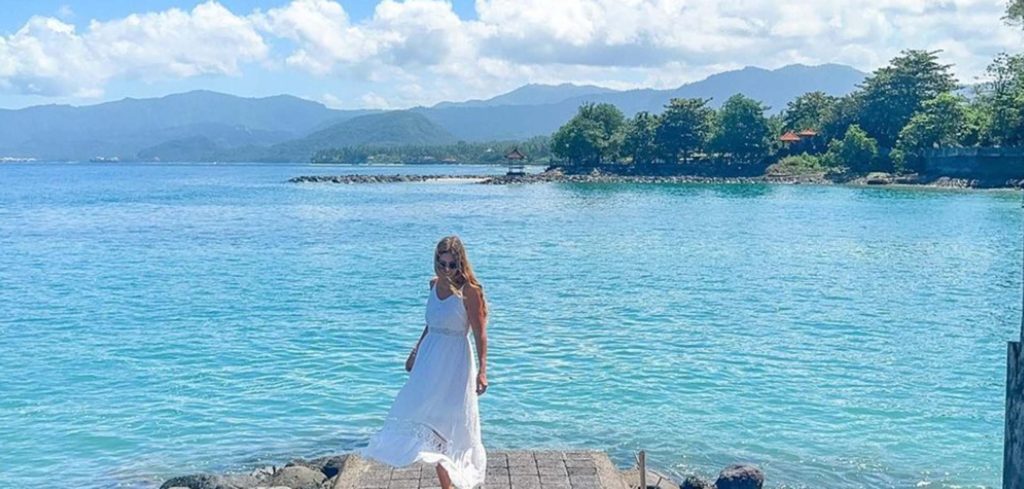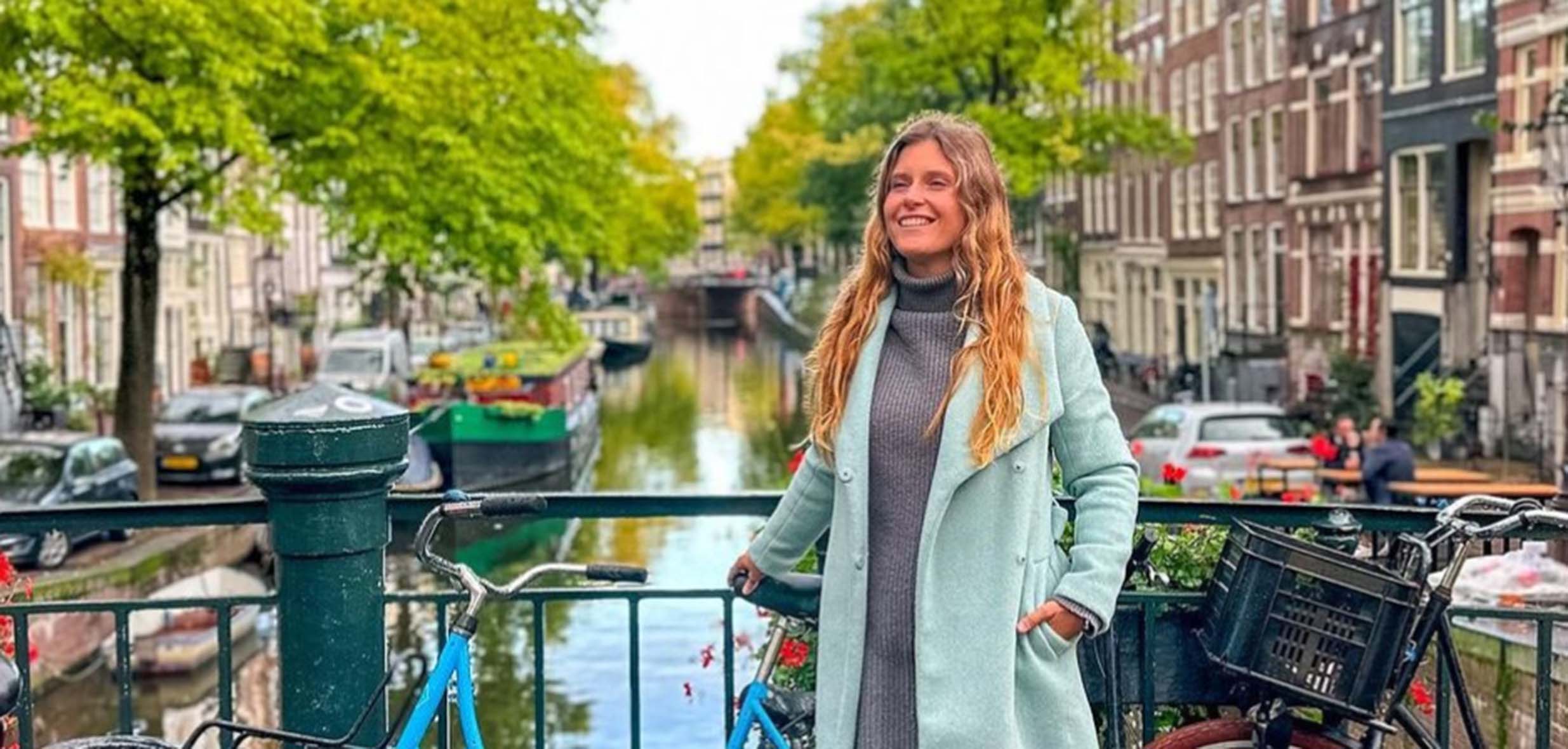Navigating Bali: Transportation Tips
Navigating through the picturesque landscapes of Bali is an adventure in itself, offering a plethora of transportation options to suit various preferences. One of the most favored choices is renting a scooter, which not only grants the freedom to explore at one’s own pace but also proves to be quite economical, averaging between 5 to 10 € per day. This option, popular among travelers, allows for a more intimate experience with the island’s diverse terrain.
For those seeking the convenience of ride-hailing services, the Grab app serves as an excellent counterpart to Uber. With its user-friendly interface, it provides a hassle-free means of getting around the island. It’s a practical choice, especially for those who prefer not to navigate through unfamiliar roads on their own.
Alternatively, hiring a private driver is an excellent option for travelers seeking both comfort and guidance. This choice not only ensures fair pricing but also offers the added benefit of having a knowledgeable local serve as a guide. This can enhance the overall experience, providing insights and stories about the places visited along the way. The personalized touch of a private driver can transform a journey into a truly immersive and enriching adventure.
Navigating the monetary landscape in Bali was an essential aspect of my travel preparations. Understanding the exchange rate of 1 € to approximately 16,500 IDR was crucial, as it laid the foundation for managing my expenses effectively. Knowing that cash was the preferred mode of payment in many places, I made sure to have a sufficient amount of IDR at hand.
While cash was the primary mode of transaction, I appreciated the convenience offered by major hotels and select restaurants that accepted credit card payments. This proved particularly beneficial for larger expenses, providing a secure alternative to carrying substantial amounts of cash.
To ensure I had enough IDR, I made it a point to visit established money changers or use ATMs, especially those located at the airport. These facilities not only offered a hassle-free way to exchange currency but also ensured I had the local currency on hand upon my arrival. This small but significant step significantly contributed to a seamless financial experience throughout my Bali journey.

Visa Requirements: Entering Bali as a Tourist
As a German traveler, acquiring a Visa on Arrival at Bali’s airport was a relatively hassle-free procedure. This visa grants a generous stay of up to 30 days, and the fee was 500,000 IDR, which is roughly equivalent to 30€. The payment process for the visa was convenient, as they accepted various currencies, both in cash and through credit card transactions.
I recall feeling a sense of relief as I handed over the necessary documents. The efficient and organized process set a positive tone for the rest of my journey. It’s these small yet crucial details that can really make or break the initial experience in a new destination. Knowing that all the necessary formalities were taken care of allowed me to focus on the exciting adventures that awaited on this beautiful island.
Throughout my stay, I also appreciated having the flexibility of the 30-day validity. It provided ample time to explore Bali’s diverse landscapes, from the lush rice terraces to the vibrant beach towns. This visa arrangement was not only convenient but also a testament to the welcoming nature of the Indonesian authorities.
In hindsight, I’m grateful for the straightforward Visa on Arrival process. It set the stage for a memorable Bali experience, allowing me to immerse myself in the rich culture, stunning natural beauty, and warm hospitality that the island has to offer.
Staying Connected: Mobile Internet in Bali

Staying connected is crucial for several reasons, especially when traveling in a foreign destination like Bali. Here are a few key points to consider:
- Navigation : Having a reliable internet connection allows you to use maps and navigation apps to find your way around. This is particularly important in unfamiliar places where getting lost can be frustrating and time-consuming.
- Safety : In case of emergencies, being able to communicate with others is essential. Whether it’s reaching out to local authorities, contacting your accommodation, or getting in touch with friends or family, having a means of communication is vital for your safety.
- Coordination : If you’re traveling with companions, a good internet connection enables you to coordinate plans, especially if you’re exploring different areas or engaging in activities that require synchronization.
- Real-Time Information : The internet provides access to up-to-date information about local events, weather forecasts, and any sudden changes in plans or attractions. This helps you make informed decisions on the go.
- Sharing Experiences : In today’s digital age, sharing experiences with friends and family back home is a common way to stay connected and keep loved ones updated about your adventures. It also allows them to share in your excitement.
- Online Services : Many travel-related services, such as booking accommodations, ordering transportation, or purchasing tickets to attractions, are done online. A stable internet connection ensures you can access and utilize these services smoothly.
- Language Barrier : In regions where English or your native language might not be widely spoken, translation apps or online resources become invaluable tools for effective communication.
As soon as I arrived at the airport, I wasted no time in procuring a tourist SIM card. The process was swift, and I opted for one from the reputable provider, Telekomsel. At just around 50,000 IDR, roughly 3€, it was a small investment that promised significant returns.
This simple addition to my travel toolkit proved invaluable. With the local SIM card in hand, I enjoyed uninterrupted access to reliable, high-speed mobile internet throughout my stay. It meant that maps were always at my fingertips, and I could effortlessly communicate with fellow travelers. What’s more, I could share my awe-inspiring Bali experiences in real-time with friends and family back home, creating an immediate connection despite the miles between us.
I vividly recall countless instances where this reliable internet connection played a pivotal role. Whether I was on the hunt for directions to a hidden beach or coordinating plans with my travel companions, having seamless access to mobile data ensured a stress-free and thoroughly enjoyable experience. It was a practical choice that significantly enhanced my overall adventure on this captivating island.
Bali Belly: Navigating Food Safety

Encountering the notorious “Bali belly” is a concern for many travelers exploring this vibrant island. This ailment, often marked by symptoms such as nausea and diarrhea, can put a damper on your trip. Therefore, it’s imperative to be vigilant about what you consume during your stay.
One of the primary precautions is to stick to bottled water. This ensures that you’re consuming safe, purified water, minimizing the risk of contamination. Additionally, exercise caution when it comes to ice cubes. It’s advisable to inquire whether the ice used in your beverages is made from filtered water.
When it comes to fruits and vegetables, be mindful of their preparation. Some may be washed using tap water, which could potentially introduce harmful microorganisms. To err on the side of caution, opt for cooked meals. Not only do they offer a delicious introduction to Balinese cuisine, but they also tend to be safer in terms of food hygiene.
During my own Bali escapades, I vividly recall the importance of adhering to these food safety measures. It allowed me to fully relish the diverse flavors of Balinese cuisine without the worry of any unexpected stomach discomfort. It’s these small yet crucial precautions that can make all the difference in ensuring a seamless and enjoyable travel experience.
Embracing Balinese Culture: Etiquette and Respect

Embracing and respecting the rich tapestry of Balinese culture was a significant aspect of my travel experience on the island. This intrinsic respect for local customs allowed for a deeper connection with the community and a more meaningful exploration of Bali’s wonders.
One of the first cultural nuances I encountered was the importance of modest dress, particularly when entering temples or sacred sites. Wearing a sarong and sash was not only a sign of reverence but also a beautiful expression of cultural immersion. These garments, often provided at the entrance, instantly transformed the experience, making me feel like an active participant in the traditions of the island.
When it came to capturing the essence of daily life and the genuine warmth of the Balinese people, I learned to seek permission before taking photographs, especially in rural areas. This simple act of courtesy not only demonstrated respect for their privacy but also paved the way for meaningful interactions. It allowed me to glimpse into their lives, hear their stories, and forge connections that transcended language barriers.
By incorporating these cultural considerations into my journey, I found that Bali opened its heart to me in ways I hadn’t imagined. It was a reminder that travel isn’t just about seeing new places, but also about understanding, appreciating, and honoring the cultures that shape them. This conscious approach to cultural respect enriched my adventure, leaving me with cherished memories and a profound appreciation for the people of Bali.
Navigating Bali: Essential Travel Tips with Personal Insights
These personal reflections, intricately woven with crucial travel advice, transformed my Bali journey into more than just an informative experience; it became an immensely enriching adventure. Each tip played a pivotal role in ensuring a smooth and unforgettable exploration of this breathtaking island.



